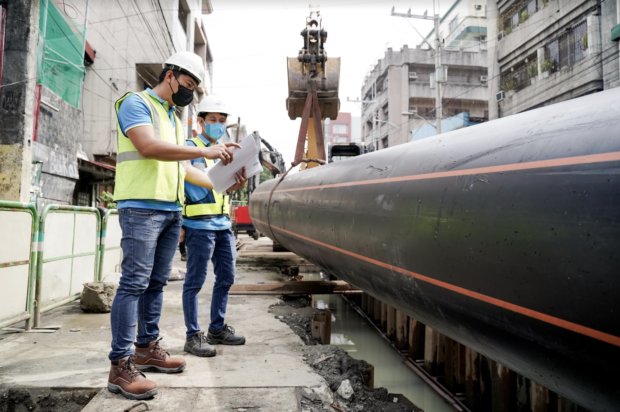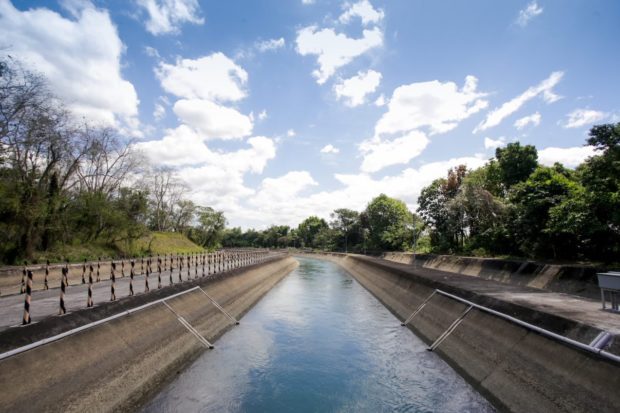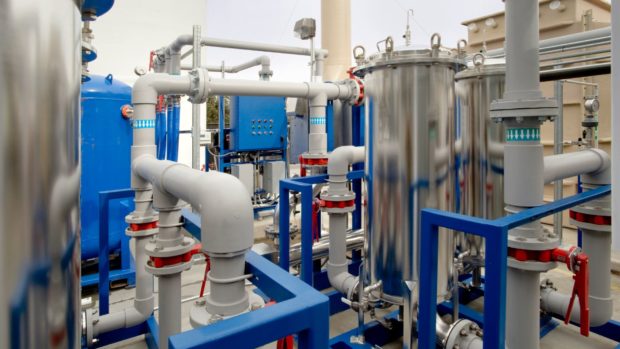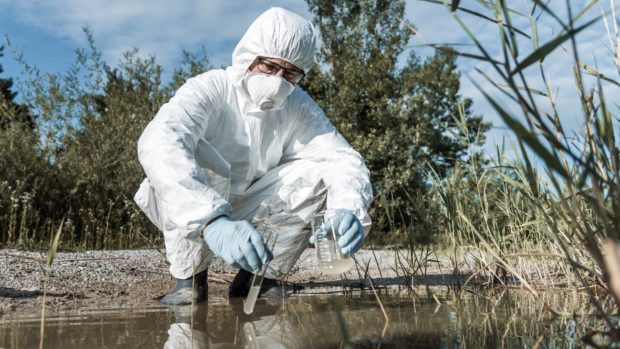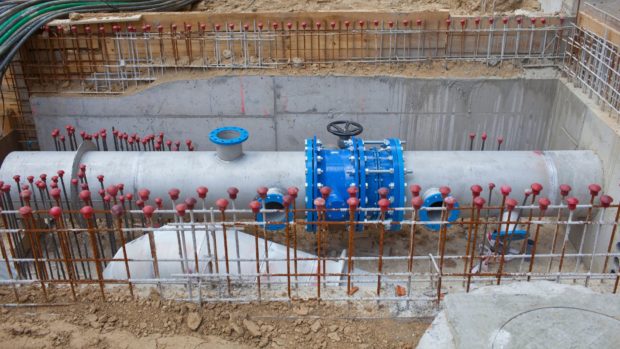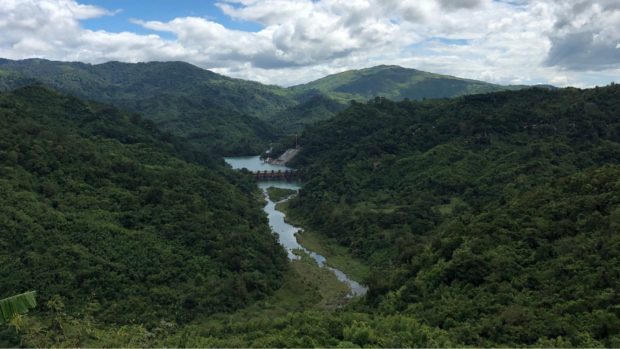Water prices are rising—but there’s a good reason
The issue of water availability has been a worldwide concern, with climate change, population growth, and pollution being some of the highlighted issues that have begun affecting the water sector in recent years.
Last month, the Metropolitan Waterworks and Sewerage System-Regulatory Office (MWSS-RO) announced a water rate hike for the West and East Zone concessions from 2023 to 2027, following the approval of a tariff adjustment pursuant to the 5th Rate Rebasing Exercise.
While this may be a cause of concern for many, Maynilad shared that the tariff adjustments are essential so it can carry out service improvement projects that will bring long-term benefits.
Here’s a quick roundup of the things and services you’ll get from the price hike:
- Wastewater services will continue to improve.
Since Maynilad was re-privatized in 2007, water and wastewater services have significantly improved in its West Zone concession. The company’s new owners have already poured around Php 210 billion in Capex investments to rehabilitate the aging infrastructure from its years of operation under the government, expanding it to reach previously unserved areas.
Among the wastewater infrastructure improvements to be implemented in the next five years are the construction of six sewage treatment plants, upgrade of 14 wastewater facilities, increase in wastewater treatment capacity by an additional 420 million liters per day, and installation of 121 kilometers of new sewer lines. Within the same period, Maynilad is targeting to desludge some 1,454,000 septic tanks, and connect about 10,000 new sewer service accounts to the sewerage system.
- Water supply for distribution will increase.
Maynilad is committed to add more than 545 million liters per day (MLD) of water supply for distribution through its construction of new water treatment plants in the next five years. According to the company, this will enable it to provide more customers with enhanced water availability and up to 7 PSI water pressure. A total spending plan of Php22 billion is being allocated for these new water treatment plants alone. Once built, more water supply will be made available to meet the constantly growing demand for water, and ultimately help to reduce service disruptions.
- It is actively combatting external challenges that hound the water industry as a whole.
Climate change, urbanization, the ongoing COVID-19 pandemic, population growth, worsening pollution of water bodies, and the possible occurrence of “the Big One”—these are just some of the emerging challenges that has made the sustained provision of water services more difficult, requiring additional investment for infrastructure enhancements. Such challenges are felt on a global scale, and Maynilad is actively doing its part to make the current infrastructure more resilient to these risks, thus managing impact on services in the West Zone.
- Several enhancement projects are underway.
Maynilad is targeting to spend around Php220 billion from 2023 to 2027 for its service enhancement program, which includes the laying of new pipelines, construction of additional pumping stations and reservoirs, and replacement and repair of old pipes. It will also construct new sewage treatment plants, and allot a budget for the rehabilitation of existing water and wastewater facilities.
- Management of vital watersheds is being intensified.
The raw water supply that Maynilad treats and distributes to customers comes from watersheds, such as those in Angat and Ipo. To ensure that these vital areas are protected from denudation and intrusion, Maynilad is sustaining reforestation efforts and partnering with the relevant government agencies and the local communities to implement a comprehensive watershed management program, which includes engaging forest rangers to patrol the watersheds and pursuing interventions to boost the survival rate of planted trees.
Maynilad’s five-year service improvement plan is in place, and the appropriate tariff adjustments have been approved. While most consumers might not welcome the rate increases, Maynilad acknowledges the need to implement the same following the impact of rising inflation on the input cost of producing water, to expand sewer coverage, and to constantly improve and maintain facilities for sustained service delivery.
To date, there are still some customers who have yet to be provided with 24-hour water supply. More facilities still need to be built to bring potable water to the farthest end-points of Maynilad’s pipe system. More sewage treatment plants have to be constructed to catch wastewater and reduce pollution loading into bodies of water.
Maynilad is determined to meet its service commitments so that more people will fully enjoy the water and wastewater services needed for improved living conditions.
To know more about Maynilad and to stay updated on latest developments, follow its official website or Facebook page.
INQUIRER.net BrandRoom/FE
